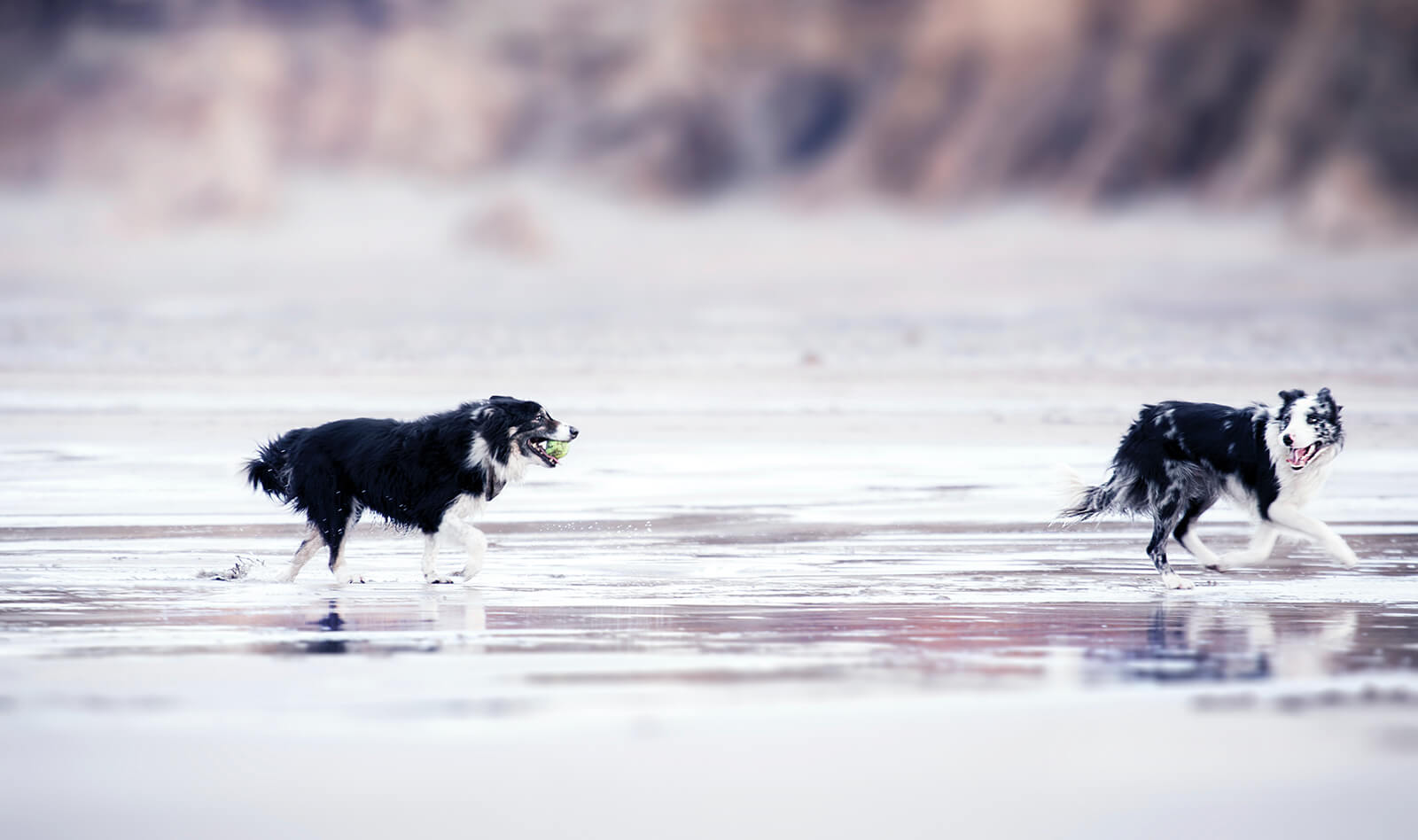Summer Pet Safety Tips
Happy Birthday, America!
Independence celebrations may be a little quieter this year, but the noise and excitement of the holiday is often tragic for your pet. Did you know that more pets go missing on the 4th of July than any other day of the year? Fireworks and festivities are scary places for pets. Loud noises can be no fun for an anxious dog. Consider leaving your dog safely home and away from street celebrations. If you know there are plans for fireworks in your neighborhood, get your dog out early for a walk and some endorphin-stimulating exercise. Once back at home, settle your pet into a comfortable ‘safe zone’. Dogs generally like to self-soothe, and often prefer to be surrounded by comfortable smells and their favorite hiding place, hopefully with some comforting background noise to drown out the bangs. If your dog is particularly anxious, do not let your pet suffer needlessly – be sure to ask your veterinarian for a prescription to help treat noise and fear anxiety. There are many safe options labeled specifically for use in dogs and cats.
Danger lurks in your backyard!
Does your dog love when you host a picnic? You can be sure they love the special summer treats, but Carlin Johnson, CVT is an emergency/critical care veterinary technician and she knows that picnics can be deadly. “In the summer, we see more instances of foreign-body obstruction than any other time of the year, especially with kebab skewers, corn cobs, and peach pits.” Be sure that your dog is not getting into the leftovers or trash. Eating these things can be deadly.
Insect bites are very common in summer, as well. Dogs can have allergic reactions to bee and wasp stings and spider bites. Other stinging insects and animals are quite common in the summer. Be familiar with outdoor dangers such as scorpions, snakes, and spiders and be prepared if your pet is attacked. Don’t forget about fleas, ticks, and mosquitos! They may not cause an immediate hazard, but these pests carry deadly diseases which can harm your pet. Be sure your dogs and cats are all on flea, tick, and heartworm preventative medications all year round. If you suspect your pet has gotten injured, bitten or stung, be sure to call your 24-hour emergency veterinary hospital promptly for assistance.
…..And don’t forget about your pool!
You may think that your dog is safe from drowning, but unfortunately, even dogs that know how to swim drown every year in backyard swimming pools. It is estimated that thousands of dogs die annually from drowning. Be sure your pet is safe around the pool. Even dogs that can swim could fall in the pool and struggle to get out. Be sure that you monitor all pets, all the time around your pool. Consider pool fencing or a pool alarm. If your pet does swim regularly, be sure they have an easy exit location, where they can get up and out. For more tips, read this article by veterinarian, Dr. Patty Kuhly, who lost her own dog to a pool accident.
Sweltering heat is a hallmark of the ‘dog days’
“Geez, it’s hot” is a common phrase in July, as the temperatures peak. The heat is no joke to your dog, who cannot sweat like you can, and will easily die from heatstroke if you are not careful. Sadly, heatstroke is a common cause of accidental death in dogs. Dogs that are overweight, have underlying heart disease, have respiratory disease such as collapsing trachea or laryngeal disease are more susceptible. ‘Smushy-faced” breeds, such as bulldogs and pugs also have a much higher risk. Heatstroke can happen very quickly so be sure and be aware of your dog’s breathing and behavior when outside. On hot, humid days, keep your pet indoors, especially during the hottest time of the day. Take short walks during the early morning or late evening when it is cooler. Carry water with you and stop for a water break. If you notice panting, loss of energy, stumbling or weakness, stop walking and rest in the shade. If your dog’s breathing and attitude does not improve within 5 minutes, carry him home and take him to the emergency vet.
Even on balmy days, the pavement is hot! Asphalt will burn foot pads and even dogs that regularly exercise in the heat can suffer from foot burn, especially in hot states like Florida and Arizona. Use your dog’s snow boots in the summer as well as the winter and prevent serious burns to foot pads when you walk.
Last, never, ever leave your pet in a parked car. When it is 75 degrees outside, the temperature in your parked car in the sun will exceed 120 degrees in less than 20 minutes. This can quickly kill your dog in minutes. This is never okay. The American Veterinary Medical Association has wonderful resources to educate pet owners about the dangers of leaving your pet in a car: Pets in Vehicles. “My Dog is Cool” is another resource to help spread the word about this preventable summer danger. MyDogIsCool.com
